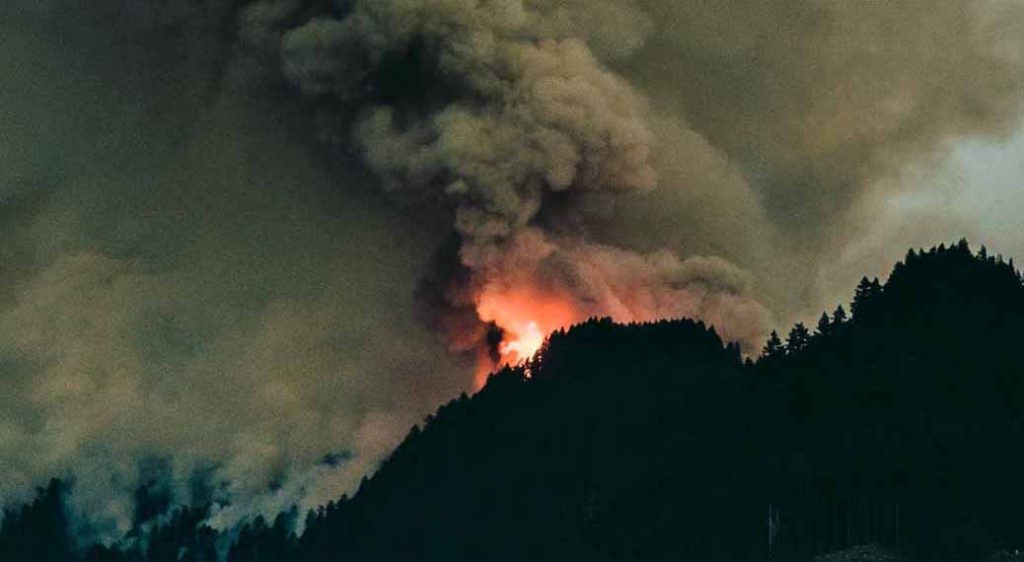The social and environmental costs of wildfires have grown dramatically in recent decades, and more information is needed to understand how communities can reorganize themselves in the face of this growing hazard. FIBER Director, Dave Hulse is working with colleagues from 4 universities is exploring how adaptive social networks in fire-prone regions can improve people’s ability to cope with increasingly large and intense wildfires. This is achieved first by exploring and summarizing key adaptation lessons from four western US study areas and vetting them via a stakeholder council. Next, the most promising social network structures from these study areas are tested in a well-documented focal area, where many alternative futures are simulated under widely varying future climate scenarios. A stakeholder council is then convened with leading national and state wildfire learning networks to distill, consider, and disseminate findings with the participation of young, next-generation science leaders. Finally, the entire approach is captured in a first-of-its-kind computer model, extending and sharing the tools so that others may use them to expand adaptation efforts elsewhere. Lessons and outcomes will be disseminated to create more resilient landscapes and communities in the face of increasingly extreme wildfires.
